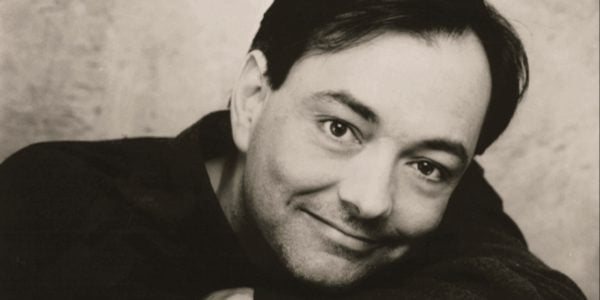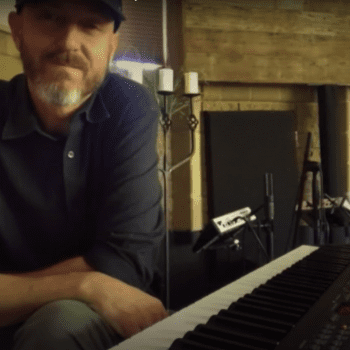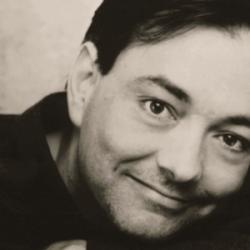My youngest boy is in the throes of learning how to swim. He’s taken the lessons and has been pretty frustrated (ing), at times over the past few summers. When it was time to work on his swimming with me this year, I started out like always. “Hey, let’s work on your swimming, (he groans). Nah, come on! Swim from here to the wall and I want you to concentrate on your kicking.” He’d do that and I’d say, “Good, let’s do it again only this time think about keeping your legs straighter when you kick,” (more groans). All of this followed by ten more minutes of whining and begging me to stop, and for the finale: completely shutting down.
I tried that tack once this year and said forget it. I’m just going to play with him. We’ll learn swimming along the way. We started out playing, then he started asking swimming questions, “What do I do to get going when there’s no wall for me to push off? How can I make myself go all the way to the bottom?” It was awesome. The power of play amazed me. We worked on his swimming for 90 minutes the other day, and he never knew that’s what we were doing. Truth be told, I forgot as well. The last thirty minutes were spent with me saying we need to get going and him begging me to do it one more time. You would not believe the progress he has made as a swimmer. You wouldn’t believe the progress I’ve made as a human being.
I’m at Conception Abbey on Retreat this week & I’m re-learning the value of play in my own spiritual life. My friend Dan brings people from his church on retreat up here all the time. He calls much of retreat “parallel play.” You are up here together but doing your own thing most of the time. But the use of the word “play” is extremely significant.
Retreating is learning how to play again – to delight in the goodness of time.
In his book, Orthodoxy, G.K. Chesterton says our problem is that we’ve sinned and grown old. Our oldness is simply an inability to remain in the moment without re-processing the past, or scheming about the future. I remember that I first found Orthodoxy because Rich Mullins recommended it in a concert, so I immediately went out and bought it. Mullins had read Chesterton and had written his words into a song called “Growing Young.” It begins:
I’ve gone so far from my home,
Seen the world and I have known,
So many secrets,
I wish now I did not know
Cause they have crept into my heart,
They have left it cold and dark,
And bleeding,
Bleeding, and falling apart.
That’s me. That’s us. So many things I wish now I did not know. I feel like retreating is one way to try and learn how to be like a child again: to forget about the darkness and just delight in the goodness of time. I need to be like a child, not in irresponsibility, capriciousness, or foolishness, but in the ability to just live in the moment with delight and joy.
Mullins again:
What kept you waiting for me all this time.
Was your love stronger than my foolish pride?
Will you take me back, Lord? Take me back and let me be your child.
Yeah, man. Will you take me back, Lord? Will you take me back and let me be your child again? Here’s the passage from Chesterton’s book. My recommendation is that you put it up on your wall somewhere and read it everyday:
“Because children have abounding vitality, because they are in spirit fierce and free, therefore they want things repeated and unchanged. They always say, “Do it again”; and the grown-up person does it again until he is nearly dead. For grown-up people are not strong enough to exult in monotony. But perhaps God is strong enough to exult in monotony. It is possible that God says every morning, “Do it again” to the sun; and every evening, “Do it again” to the moon. It may not be automatic necessity that makes all daisies alike; it may be that God makes every daisy separately, but has never got tired of making them. It may be that He has the eternal appetite of infancy; for we have sinned and grown old, and our Father is younger than we.”.












